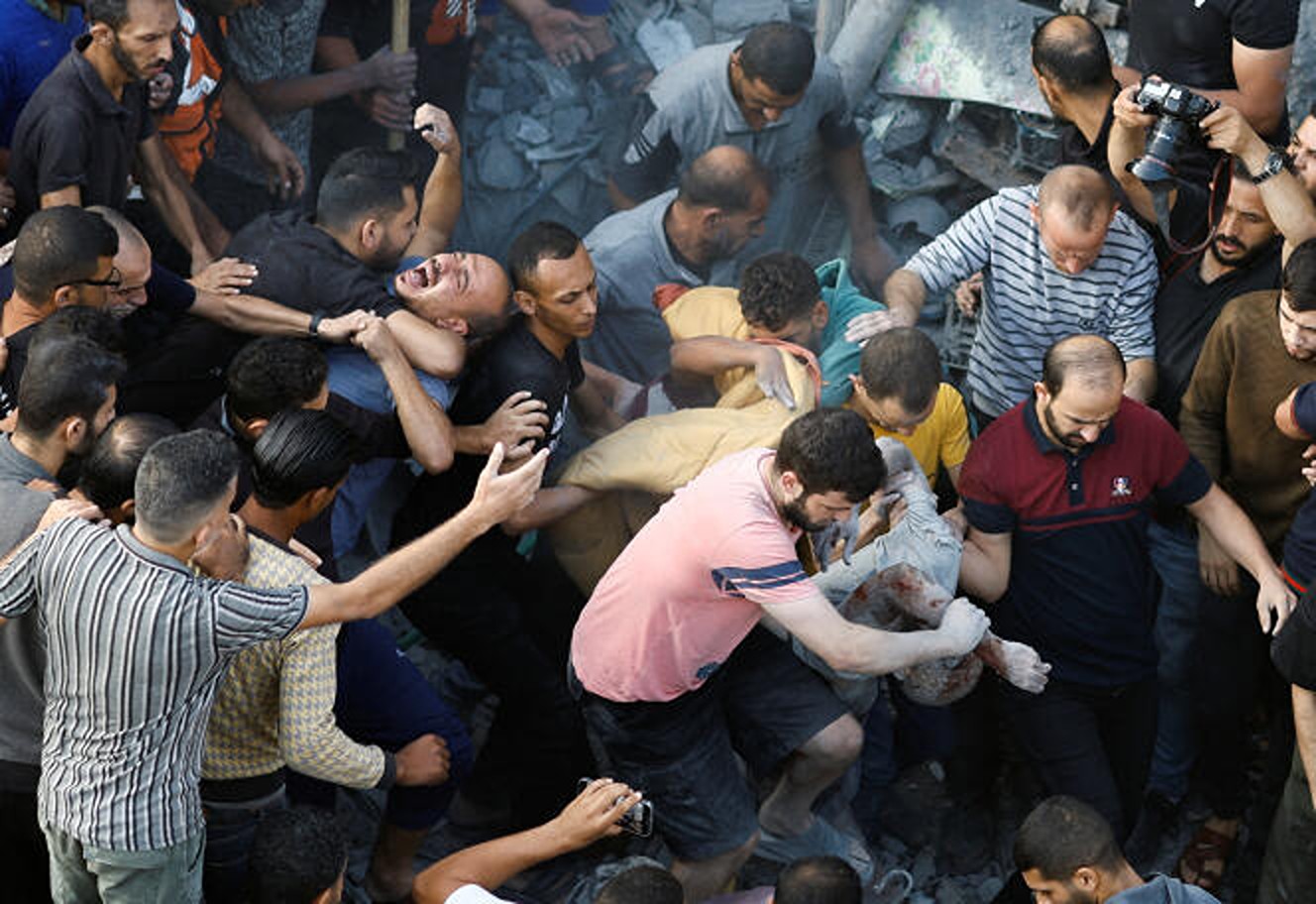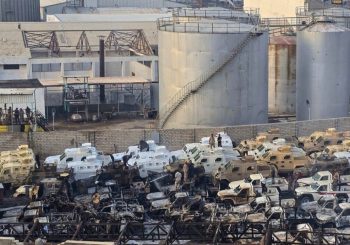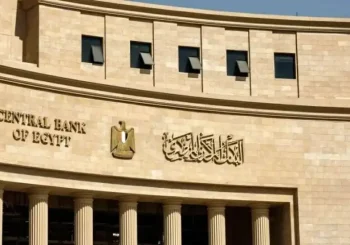Palestinians continue to face relentless bombing by Israeli forces, described as a ‘humanitarian catastrophe’ by UN chief António Guterres, as the war on Gaza passes the two-month mark.
Rafah in southern Gaza was struck by the Israeli military twice during the night on Wednesday, 6 December, according to local residents, and UN representatives issued a warning that there are no longer any safe havens in the besieged area.
Israeli forces have also entered the heart of Khan Younis, the second-largest city in Gaza, as a result of Israel’s expanding air and ground offensive in the southern portion of the territory, which has resulted in the displacement of tens of thousands more Palestinians and exacerbated the already dire humanitarian conditions.
Alarming levels of hunger
In a report on food insecurity in the Gaza Strip published on 7 December, the United Nations World Food Programme noted that households in northern Gaza are “experiencing alarming levels of hunger.”
Nine out of ten people in northern Gaza go without food for a full day or night, and at least 97 percent of households have “inadequate food consumption.”
Thirty-three percent of households in the southern governorates reported high levels of severe or very severe hunger, while fifty-three percent reported moderate hunger.
Distressing images are also coming from the central Gazan city of Deir al-Balah, where the Al-Baraka bakery—one of the few remaining in the Strip—was destroyed along with houses and streets on Monday in what appeared to be an Israeli airstrike.
“In stark contrast to Hamas’ intentional attacks on Israeli men, women, and children, the IDF follows international law and takes feasible precautions to mitigate civilian harm,” the Israeli Defence Forces (IDF) stated in response to questions from CNN regarding the bakery on Tuesday.
Israeli attacks on journalists in Lebanon apparent ‘war crime’: Human Rights Watch
The Israeli attacks on a group of Lebanese, American, and Iraqi journalists in south Lebanon on 13 October, appeared to be “deliberate attacks on civilians,” which Human Rights Watch claims constitutes a “war crime,” according to a statement by the NGO.
Six other journalists, including reporter Carmen Joukhadar and cameraman Elie Brakhia of Al Jazeera, were injured in the attacks, which also claimed the life of Reuters journalist Issam Abdallah.
Human Rights Watch verified witness accounts and photographic and video evidence that show the journalists were at least 75 minutes from the scene of the two consecutive strikes, well away from ongoing hostilities, and easily identifiable as media personnel.
“Evidence suggests that the Israeli military should have known, or knew that the group they were firing on consisted of civilians,” the rights watchdog stated.
US announces visa bans
Following multiple requests for Israel to take more action to stop violence by Jewish settlers, the United States started enforcing visa bans on individuals involved in violence in the Israeli-occupied West Bank on Tuesday, 7 December, according to Washington officials.
A recent policy on visa restrictions by the State Department targets “individuals believed to have been involved in undermining peace, security, or stability in the West Bank, including through committing acts of violence or taking other actions that unduly restrict civilians’ access to essential services and basic necessities,” according to a statement released by Secretary of State Antony Blinken.
“They need to do more to stop extremist violence against Palestinians, and hold those responsible for it accountable,” Blinken made clear to Israeli officials during a visit last week, State Department spokesperson Matthew Miller told reporters in a press briefing following the announcement.
The Conflict So Far
After a surprise attack conducted on 7 October by Hamas on a number of southern Israeli towns which resulted in the deaths of an estimated 1,200 people and more than 220 being taken hostage by Hamas, Israel launched a retaliatory bombing campaign against what it describes as ‘terrorist targets’ in the Gaza Strip.
Over 16,015 Palestinians have been killed in the Gaza Strip — including at least 7,000 children — and over 41,316 others injured. Meanwhile, at least 259 Palestinians have been killed in the West Bank and at least 3,365 have been injured.
The priority of the Egyptian government since the beginning of the conflict has been deescalation and the securing of a path for aid to enter the Gaza Strip through the Rafah crossing. Israel bombed the crossing at least six times, and limited aid trucks have crossed to Gaza so far, which UN officials warn is insufficient amid dire humanitarian conditions.
Most Western countries, with the United States at the forefront, have expressed unconditional support for Israel, despite the steadily rising death toll in Gaza. Meanwhile, the United Nations General Assembly has issued a resolution calling for a ceasefire.







Comments (0)